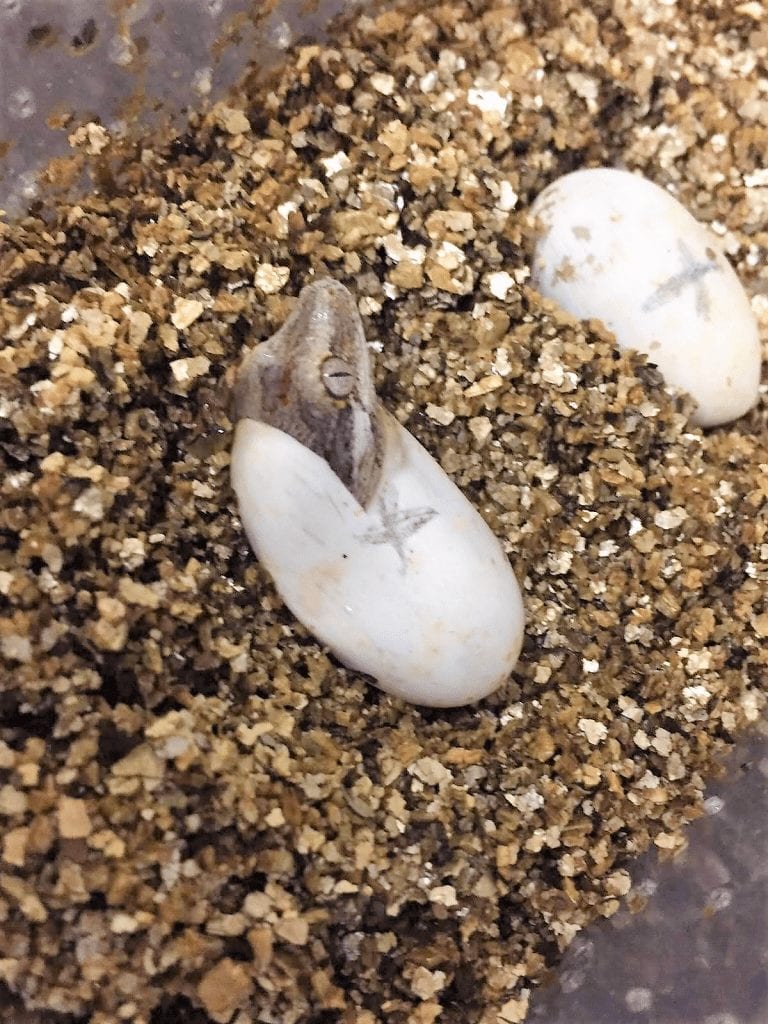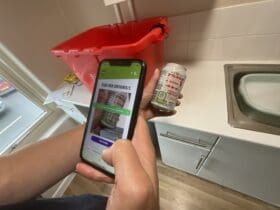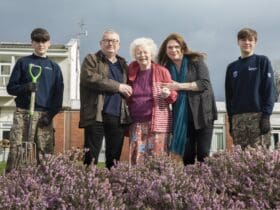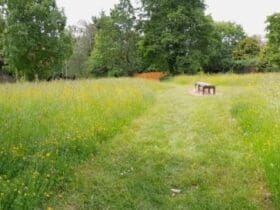WHILE frontline services and NHS staff go above and beyond to support and care for the general public there is another group of workers beavering away in the background.
At Coleg Cambria’s sites in Northop and Llysfasi, lecturers, practitioners and animal technicians are out in all weathers, feeding, maintaining and observing more than 200 different types of animal.
These include a wide range of invertebrates, reptiles, amphibians, fish, birds, primates and mammals, livestock, alpacas, rodents and poultry.


“This is a particularly busy time, so we have to be here for the animals to ensure continuity and routine for them,” said Wendy.
“We have the first of the Hill Radnor Lambs making an appearance right now and in the coming weeks our Castlemilk Moorit sheep are giving birth.
Northop is also home to one of the oldest and most uncommon breeds in the country; Bagot Goats, currently classified as ‘vulnerable’ by the Rare Breeds Survival Trust.
“The rare Bagot Goats will be next, so we have to be here.”
She added: “And it’s not only farm animals, we have just discovered the Clownfish have been looking after a batch of eggs laid in the tank this week, which could hatch very soon.
“It all sounds idyllic but can be quite stressful because they have to guard them from other fish that could harm or eat them, so we have everything crossed that doesn’t happen and they have been busy aerating the eggs, keeping them clean and oxygenated.”
Gargoyle Geckos are also due to hatch in the coming days, highlighting the baby boom taking place at Northop.
“It’s a tragic and unparalleled time for this country, and the whole world, but obviously the animals are oblivious to that,” said Wendy.
“It also means we can try and carry on as much as possible while of course staying a safe distance from each other and following the strict guidelines put in place.
“Hopefully in the near future we can share these incredible new arrivals with the students and public, but for now we will remain here and care for our amazing animals.”








Leave a Reply
View Comments